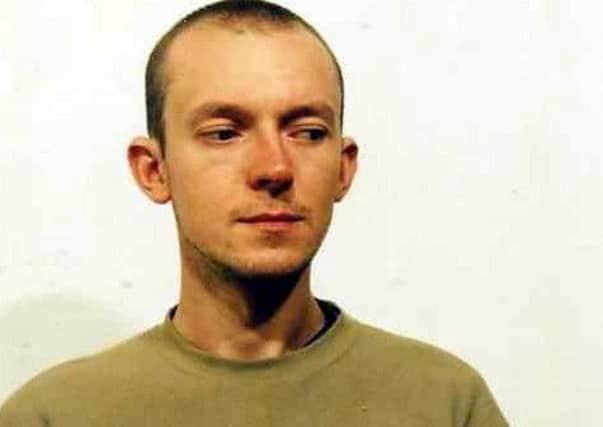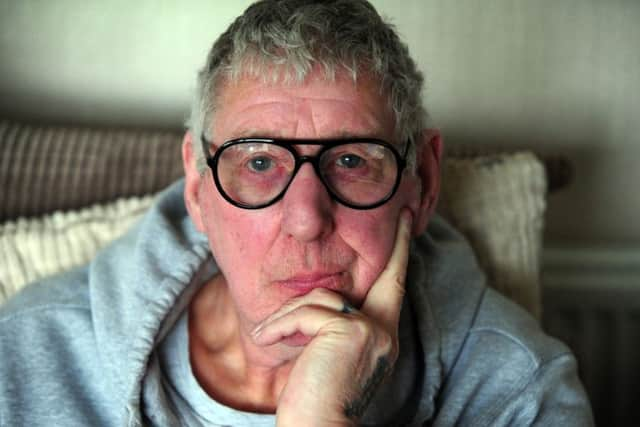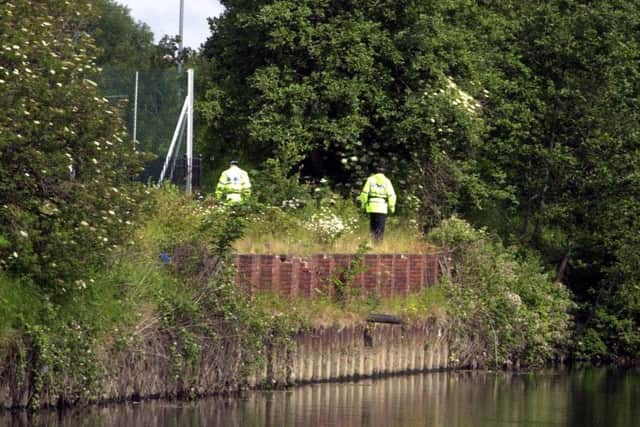Leeds family's anguish as sadistic killer Richard Cheney considered for early release


Bakery worker Richard Cheney wrote about his need to make a “token killing” before strangling Ian Webster near a gay cruising spot in the city in June 2002.
The 33-year-old from Stanningley was convicted and jailed for life the next year, with a review of the case at London’s Royal Courts of Justice leading judges to rule in 2007 that he should remain behind bars for at least 19 years.
Advertisement
Hide AdAdvertisement
Hide AdBut Ian’s familay were told last week that the Parole Board is due to consider letting Cheney out of prison after a little over 14 years.


Uncle Stephen Poskitt said they had never recovered from losing “gentle giant” Ian, a 31-year-old cinema worker who lived in Armley.
“It dusted my mother off completely and put my dad into the grave,” he said.
“I have six daughters – Ian’s cousins – and they were all very close to him. He was like a brother to them. It still has a massive impact on us, more so now Cheney could get let out.”
Advertisement
Hide AdAdvertisement
Hide AdMembers of the family in Leeds and Hull, including Ian’s mum, were visited by probation officers last week and told about the upcoming Parole Board hearing.


Stephen, 67, said: “We’re not happy about it, obviously. The judge said he must served 19 years, but we all knew in our heart of hearts that something like this could happen.”
He said there had been no explanation as to why Cheney was being considered for release when there was still five years left on his minimum tariff.
“He’s never shown any remorse, he’s never apologised to the family,” he added.
Advertisement
Hide AdAdvertisement
Hide AdNone of the family will be allowed to attend the hearing, but they have until January 15 to submit letters to the board.


Mr Poskitt said he believed victims or their relatives should get to sit on board panels or at least be able to appoint a solicitor to address them directly.
“Cheney is allowed a solicitor to do all the talking,” he said.
“We’re just a normal working class family. We don’t have all the big words they do. Some of us have written our letters, but it’s not a thing you can sit down and rattle out.
Advertisement
Hide AdAdvertisement
Hide Ad“It seems to us at the moment that everything is for Cheney. Nothing is for the victims which, to me, isn’t right.”


The Parole Board has come under fire in recent weeks over its decision to free serial rapist John Worboys – thought to be Britain’s most prolific sex attacker – after he served just ten years.
The London cab driver was convicted in 2009 of 19 offences – but police believe he attacked more than 100 women.
Mr Poskitt said the scandal did not give the family much confidence in the parole process and the way decisions were made.
Advertisement
Hide AdAdvertisement
Hide Ad“It seems to be they’re in a bit of a muddle, letting out people who’ve carried out 100 offences,” he said.
The Government has said it will review the way the board operates amid anger among victims at the prospect of Worboys’s imminent release.
Prime Minister Theresa May said she was determined to do “what is necessary” to bring greater openness to the decision-making process and restore confidence in the system.
The Parole Board does not comment on individual cases.